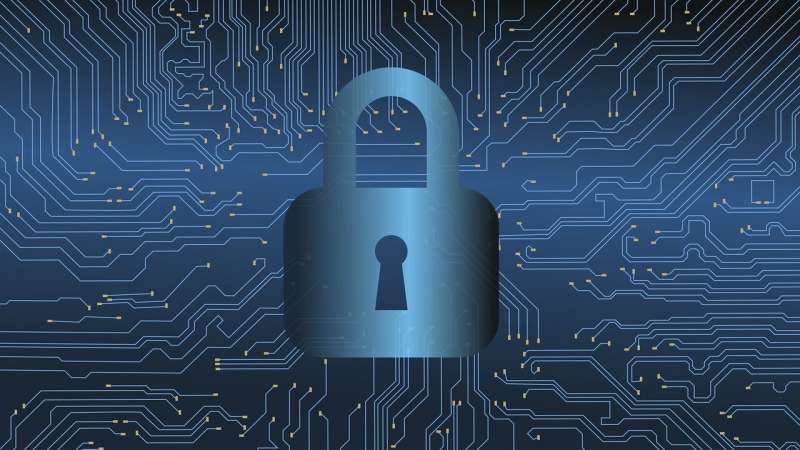Malicious Life Podcast: China’s Unrestricted Cyberwarfare Part 1
Back in the 1990s, cyberwarfare was a word rarely used in the West – and definitely unheard of in China, which was just taking its first steps on the Internet. Two Chinese military officers, veterans of the semi-conflict with Taiwan, helped shape the role of cyber in modern warfare in China and beyond.
Host Ran Levy is joined by special guest Lieutenant Colonel, USMC (retired) Bill Hagestad, a leading international authority on cyberwarfare and Chinese cyber operations and capabilities specifically – check it out…
China’s Unrestricted Cyberwarfare Part 1 Transcript
What is cyberwar?
It’s such a trendy term these days that it’s hard to tell. On the news, you hear that the U.S. is in a cyber war with Russia, or with China, or with Iran. Russia is in a cyber war with the U.S., and Ukraine, and half the continent of Europe. And there’s China, and Israel, and…
Who cares? Seriously, if Russia hacks into the U.S. Department of Things That Don’t Concern Me, or into some politician’s emails, does it even matter? It doesn’t seem like war. Remember real war? You could get shot in a real war. Cyber wars seem kind of sucky in comparison.
“[Nate] I was thinking about this, recently, after a discussion I had with Bill Hagestad.”
BILL HAGESTAD
“[Hagestad] Yes. Good day! My name is Bill Hagestad, a Retired Lieutenant Colonel of the US Marine Corps, served almost three decades serving our country, a couple of tours in Iraq.”
Bill has a different kind of view on what cyberwar is all about. To get the full picture, you have to understand where he’s coming from.
“[Nate How would you describe your relationship with the Chinese government because I have trouble doing so?
[Hagestad] [Laughs] Yes. I make – I’m very transparent about it. I am actually a visiting scholar at the People’s Liberation Army’s number one think tank out of Jiangsu Province in the People’s Republic of China known as the Knowfar Institute.”
The number one think tank for the PLA. A place no Westerner should be allowed within 1,000 yards of.
“[Nate] And I mean no offense when I ask, what did the Chinese gain by keeping you…




